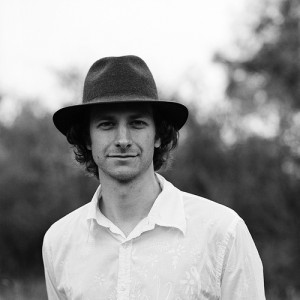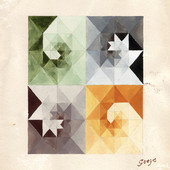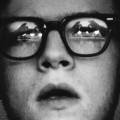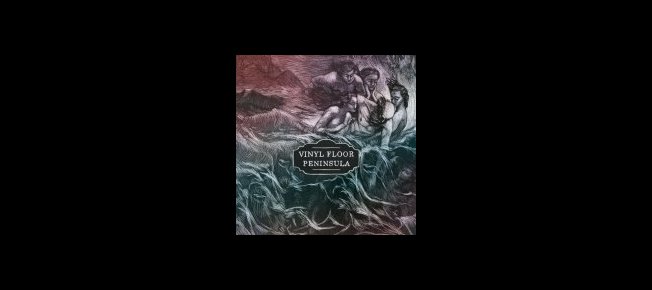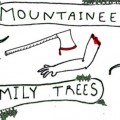When I first heard “Somebody That I Used to Know” six months ago, I fell in love with the track. I had to know everything about the artist Gotye and his past musical accomplishments. There wasn’t much for me to discover at the time, but his third and most recent studio release, Making Mirrors, is taking off in the US. Every day, I am seeing something on TV about Gotye that probably has placed the artist out of the independent arena of this website in record time. (And apparently a YouTube video of “Somebody That I Used to Know” featuring ten hands on a guitar was a quirky fan favorite on The Today Show.)
Gotye is actually Belgian-Australian Wouter “Wally” De Backer, a passionate musician who spent much of his young career experimenting with vocals, synthesizers, percussion – largely what we would consider DJ music, but not so much in the style of Moby or Fatboy Slim, but more in line with Girl Talk and The Orb. That European electronica influence is an essential part of his first two albums, Boardface and Like Drawing Blood.
But Gotye has changed up his formula for Making Mirrors, which features a lot more of his own vocals on songs that seem much more raw and personal to the artist. The new album is a departure from the heavily stylized previous albums; the tracks feature a lot more of his own rough vocals and cut back on the sampling and his hallmark DJ mixing.
The stripped-down approach works well on a track like “Giving Me a Chance.” Here, the principle of ‘less is more’ works: the vocals are highlighted and supported by instrumentation and the lyrics are simple and sincere. It all works well together. But it’s too short. “Easy Way Out” is another good track. It’s upbeat with a variety of instrumentation, and overall, it’s catchy. The cheeky vocals equally contribute to the fun: “Seventeen seconds and I’m over it” is the opening line. But again, these gems are too short.
His back-to-basic take on this album may make the themes more accessible to listeners, especially on a track like “I Feel Better” which is like a 1970s rock devotional. Such a genre is suited to rocky relationships and troubled romance. “Eye Wide Open” blasts a bigger sound. It’s more of an anthem with its bold vocals and ‘wide open’ beats. “We walk the plank with our eyes wide open,” croons de Backer with a rhythm reminiscent of 1980s Steve Perry songs.
Again, relationships figure as matters of life and death for Gotye, full of strife, and near-survival. They are pessimistic, but with a glimmer of hope. “Somebody That I Used to Know” (featuring Australian female vocalist Kimbra) is the centerpiece these themes and of the album.
The latter half of the album falls apart for me. “State of the Art” might recall his DJ roots, in a mid-80s kind of low-fi way, but it’s boring. “Save Me” is overdone with an overstrained voice, and “Bronte” is forgettable.
Compared to his previous albums, this album is a bit rough, jumbled, and on the whole not as slick and smooth as his previous albums. Like Drawing Blood, for example, was a much more unified offering of Gotye’s talents. It better showcased his voice, his rhythms, his sampling, and his electronica experiments. And it’s a better dance album to boot. At the risk of blaspheming, I liked it better than any of my Thievery Corporation or The Orb albums.
It’s not that I don’t appreciate Gotye’s willingness to try something a little more low key, but his voice sounds strained and the experimental tracks sound cliched and forced. While it works on the song “Somebody That I Used to Know,” it fails to make an impact in other tracks.
Like Drawing Blood and Boardface are likable upon a first listen. The influences of ska, tribal infusions, and electronica are better blended and better matched with Gotye’s smooth vocals and easy lyrics. If you are new to Gotye, then Like Drawing Blood is the album to purchase without regret. But Making Mirrors is an acquired taste. Still, there is no denying “Somebody That I Used to Know” is an infectious track.
Gotye’s Making Mirrors (Eleven) was released in the US on January 31, 2012.
© 2012, The Indie Mine. All rights reserved.

